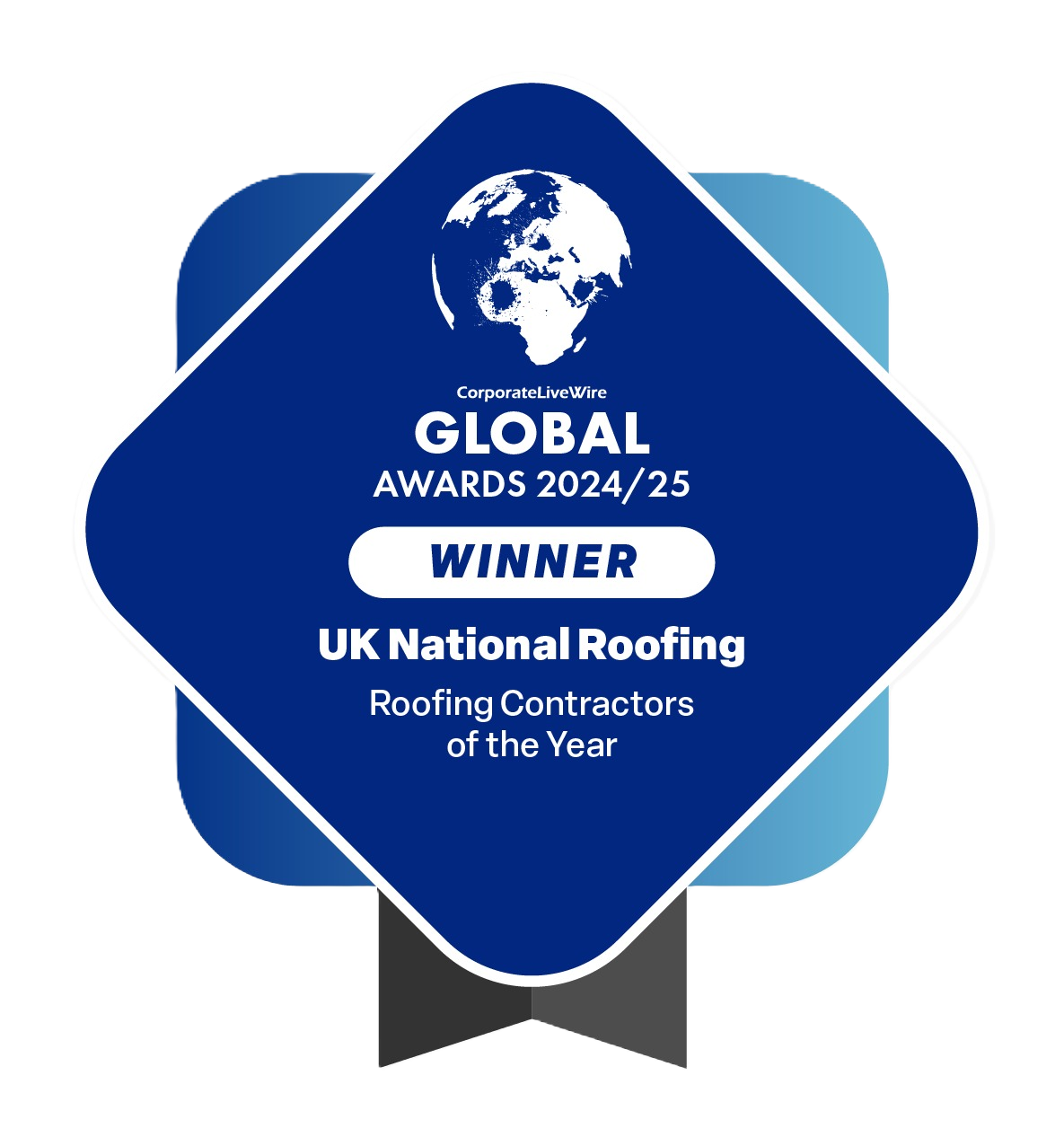- Home
- Customer Login
- Services
- New Roofs
- Repairs
- Maintenance
- Insulation
- Drone Inspections
- Commercial
- Team Login
- Home x
- Customer Login
- Services
- New Roofs
- Repairs
- Maintenance
- Insulation
- Drone Inspections
- Commercial
- Team Login
Pitched roofs are a common feature of many buildings in Glaston - Rutland, and they have been used for centuries. These roofs are designed to provide protection against the elements and to keep a building's interior dry and comfortable. The pitch of a roof refers to the angle at which it slopes. In Glaston - Rutland, pitched roofs typically have a pitch of between 30 and 45 degrees.
One of the unique features of pitched roofs in Glaston - Rutland is the materials that are used to construct them. Traditional materials include slate, clay tiles, and thatch. These materials are not only durable but also visually appealing, and they can give a building a distinct character and charm.
Another unique aspect of pitched roofs in Glaston - Rutland is the way they are designed. Many buildings in Glaston - Rutland have gable roofs, which have two sloping sides that meet at a ridge in the middle. Other designs include hip roofs, which have four sloping sides, and mansard roofs, which have two slopes on each side with a flat top.
Pitched roofs in Glaston - Rutland are also known for their insulation properties. By adding insulation to the attic space or the roof itself, homeowners can reduce heat loss and save on energy bills. This is particularly important in Glaston - Rutland, where the climate can be cold and damp.
In recent years, there has been a trend towards using more modern materials for pitched roofs in Glaston - Rutland, such as metal or plastic tiles. These materials offer a number of benefits, including increased durability and reduced maintenance requirements.
<>Overall, pitched roofs are an important part of the architectural heritage of Glaston - Rutland, and they continue to be a popular choice for homeowners and builders alike.While pitched roofs are generally a durable and reliable choice for buildings in Glaston - Rutland, there are several potential problems that can occur over time. Here are some examples:
It's important to have any potential problems with a pitched roof addressed as soon as possible to avoid further damage or costly repairs. Regular maintenance and inspections can help identify and prevent issues before they become more serious.
Get a no obligation quote to find out how much your repair will cost.





